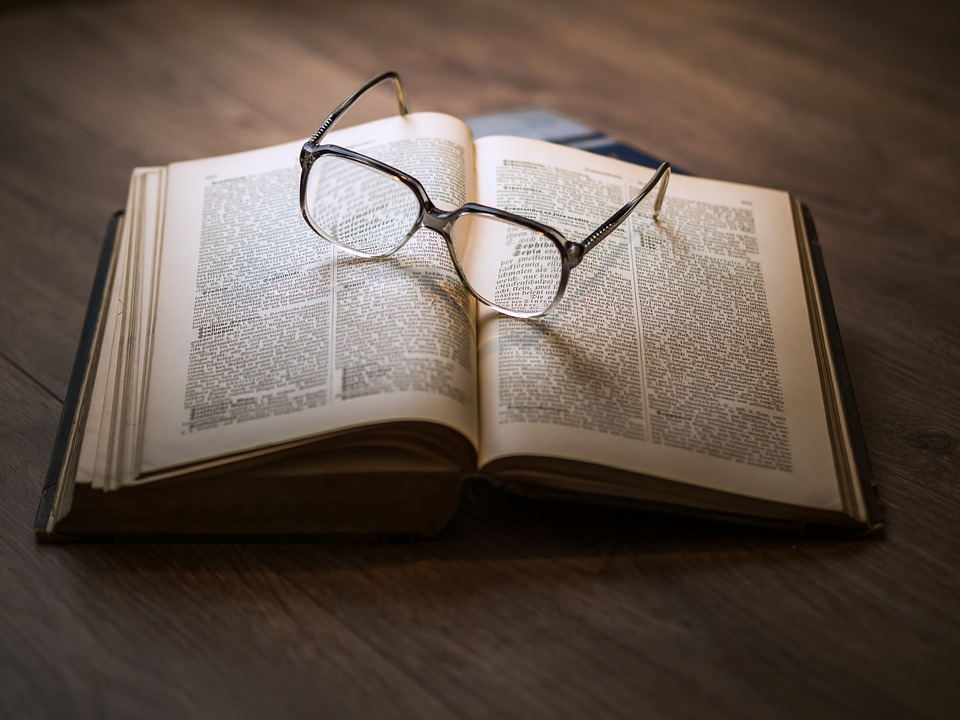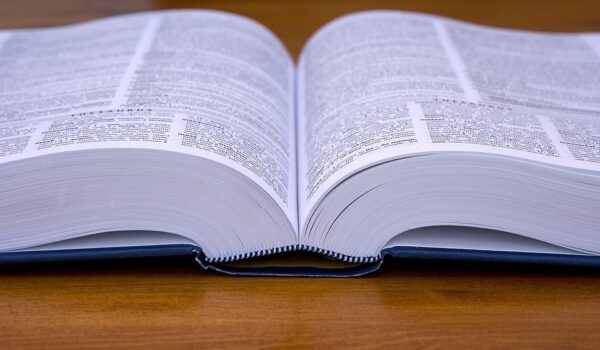When it comes to finding any information, people often confuse three concepts such as Wikipedia, the Encyclopedia and the Dictionary. Let’s list their differences and features, as well as in what situations they can be useful.
Wikipedia is an Internet resource to which users themselves add information. They can at any time post content, correct someone else’s article and make changes on any page of the site, as well as create a new section and start filling it out. However, this does not mean that the information of this Internet resource is unreliable, because all of it is studied by editors, and if there are doubts, it is double-checked and, in case of any doubt, rejected.
Many people use the portal to obtain the primary informationnecessary for a common understanding of the essence of the issue. Data is collected on a variety of topics and directions. Wikipedia is only available electronically, unlike dictionaries and encyclopedias. However, it is not suitable for everyone. For example, if you’re a student and you’re writinga test, term paper, or essay, it’s fine for general understanding. If you’re a researcher who needs reliable information, then of course you can use this resource, but as an authoritative source, he’llbe able to speak.
This is a good option for those who start looking for the necessary information from scratch, that is, completely ignorant of the topic they are looking for. Imagine that you are writing an article or other work about a casino. You’ve never come across this topic before, which means you certainly know what a casino is and what it’s for, but that’s where your knowledge ends. Then you search for “Casino,” and Wikipedia will be third on the SERP list.
What’s not in the encyclopedia?

An encyclopedia is a printed or electronicpublication that includes edits and scientific information on a particular industry. This is concisely presented information available to a wide audience. An encyclopedia can be general or narrowly focused (medical, historical, etc.).
It is partially similarto the dictionary, because it is built on the same principle. The oldest encyclopedia is more than 220 years old. Now there are many online resources that collect articles and background information of a general nature. There may be separate resources for different industries: the exactsciences (physics, chemistry, mathematics), art, history, geography, zoology and much more. As a rule, this is a series of books. each of which is dedicated to a specific topic.
This is a good helper for those who are engaged in scientific and research activities. They contain descriptive, consolidated and detailed information on each issue.
However, if you need to know anything about a particular casino, for example, 8888 casino, then you will not find information inecyclopedia, dictionaries and general reference resources. For this, there are specialized sources that talk about the gambling industry. There you will find general information – when it was created, who is the owner, the history of creation and development, the available nagr This information will be enough to continue to study the issue in depth.
On such specialized sites, you can find out information about all the bulgarians. Therefore, if you are looking for narrowlyinternal information, then Wikipedia and any other encyclopedia will not be relevant for you. At the same time, you can learn from there about the history of gambling, the rules and features of the regulation of the iGaming sphere in different countries.
When will the dictionary be useful?
The dictionary contains individual words, their interpretation and spelling. Often in dictionaries you can find translation from other languages and the origin of the word. That is, here you will learn only the meaning of a certain word, but you will not find complete information on the internalquestion.
They are used mainly by schoolchildren, university students, employees whose activities are related to the text, for example, proofreaders, editors. Dictionaries focus on spelling, grammar, vocabulary, and phonetics. They are specialized ando-chisel.
The dictionary is also convenient for those who study foreign languages, because with its help you can significantly expand the vocabulary, see the translation and meaning of a word.
Other options for obtaining information
On the Internet now you can find a huge number of different reviews on theresource you are interested in. Such reviews often have the necessary information. However, you should not limit yourself to just one or two such sources, especially if there are contradictions in the information. Look for additional resources: the more of them there are, the wider the a look at the material you will get. Use facts that coincide and pay attention to the indication of the authorship and source of these facts. After all, these reviews are also written by ordinary people, so the human factor cannot be ruled out.
Which source of informationto choose is up to you depending on what issue you need to cover. But remember the “rule of three” – never limit yourself to just one source, always look for at least three to make sure that the source and the information contained in it is reliable.
Our advice is to always use as many resources and sources as possible if you want your work to be reliable, concise and interesting. If you want to delve into the study of any issue or phenomenon, do not limit yourself to one source of information. The famous expression says “How many people, so many opinions” and if you want to get an objective assessment of this or that event or fact, it is worth listening to them as much as possible.
